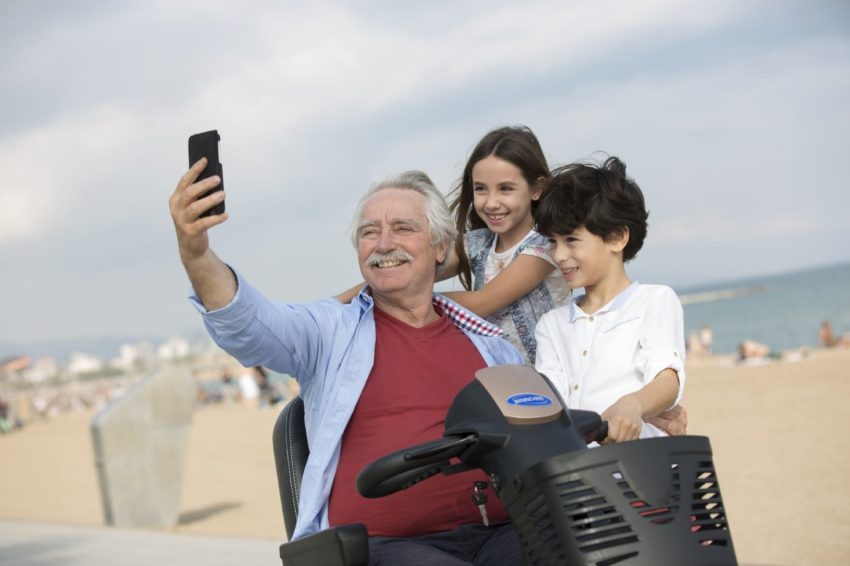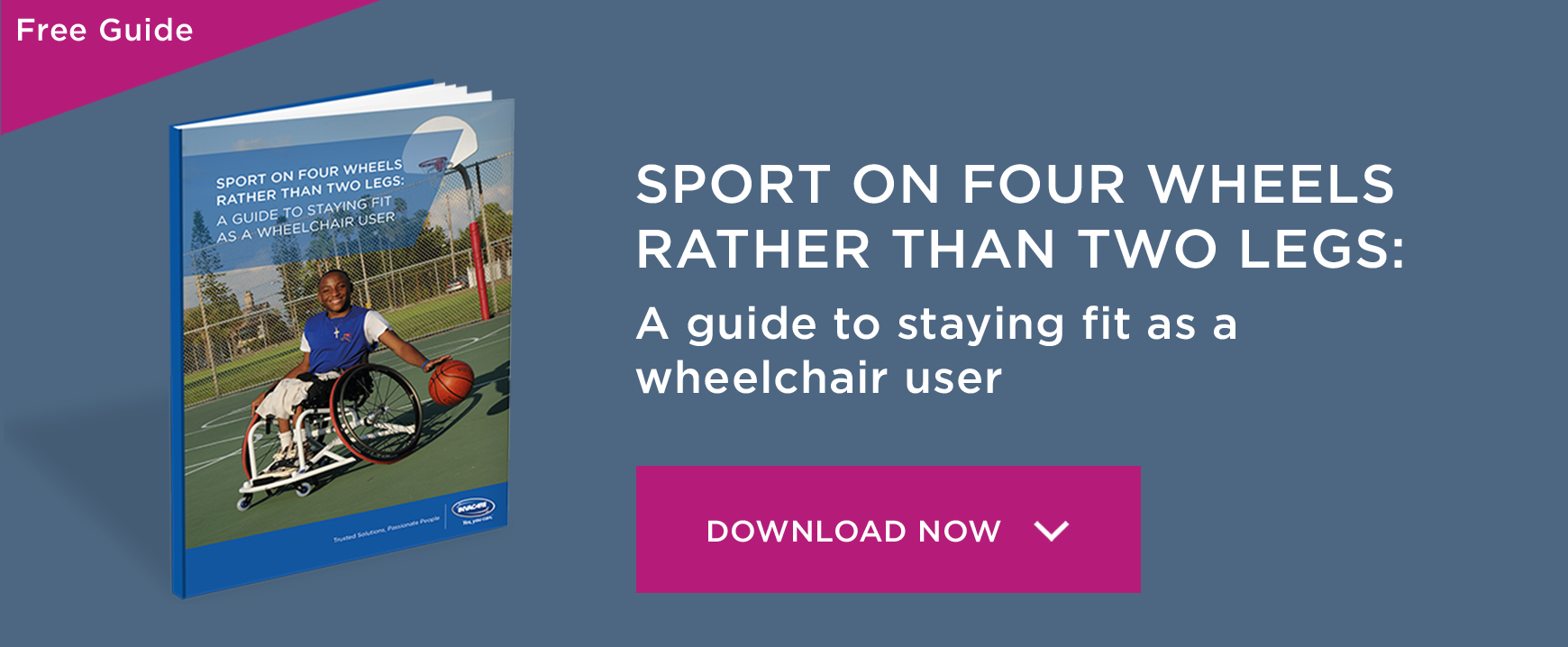
Being able to go out, meet friends, be part of your community or just to get fresh air is essential to our health and well being, when our mobility is restricted this can significantly restrict your options, this is where a mobility scooter can allow you to maintain your social life.
Research from the Research Institute for Disabled Consumers has shown that 74% of people that have scooters would not make the same journeys if they could not use it, which shows the positive impact having one can have on a user. If people are able to travel further they can engage in more extended and meaningful activity with all of the implications this has on mental health and well-being.
As mobility is vital to one’s well-being, it’s clear, then, that having a mobility scooter will, almost certainly, have a positive impact on user’s life.
Remember this is a powered vehicle and could if not used appropriately cause considerable damage to property or another person. So what do you need to take into account prior to purchasing a mobility scooter.
- Sensory – vision
When you are in control of a mobility scooter you have to be able to clearly see your route, obstacles and other pavement users. If your vision is affected in any way, discuss the potential purchase with your ophthalmologist.
- Physical ability
Can you safely get on and off the scooter; you may need assistance but consider how you will manage this if going out alone. You must be able to use the mobility scooter safely, do you have the strength, hand function and joint range of movement to be able to use and control the vehicle.
- Cognitive ability
You must have the mental ability to understand how to use the scooter, process and react to risks so as not to endanger another person.
Other frequently asked questions to know before buying a mobility scooter are below,
- Do you need a driving test to use a scooter?
At present there are no driving test requirements, however a number of European countries are considering this as an option, due to the increased accidents caused by drivers of mobility scooters. It is wise to trail any potential scooter within the local area, with someone with you to see how you react and cope with different terrains and barriers.
- Do you need to insure your mobility scooter
Technically no, although insurance is not mandatory it is advisable. If you’re privately purchasing or leasing your mobility scooter insurance may be something worth considering for peace of mind. Always consider the risk that you might knock into another person or damaging property and insurance would cover any claim.
- Mobility scooters can offer top speed of 12km per hour or 8mph
This is generally true, however on the pavement speed is generally limited to 4 mph to keep at the average speed of pedestrians. There are mobility scooters that go up to 8 mph, at this speed the scooter use should be reserved for road use. The maximum speed of a scooter can vary per country. For more details go to motor size/power of mobility vehicles.
- Can you get a mobility scooter onto a bus or train?
This entirely depends on the size of your scooter and the transport provider. Many train and bus providers do cater for mobility scooter users. However I would recommend you contact your public transport provider to ensure that your scooter will fit.
Mobility scooters are becoming ever more popular for good reason; they allow users to engage in meaningful activity independently, whether that be within the home, socially or at work.
If you’re thinking of purchasing a mobility scooter consider the information above and feel reassured that it will change your life for the better.
Keep reading
** This post was originally published on https://www.passionatepeople.invacare.eu.com/get-mobile-get-a-mobility-scooter/


